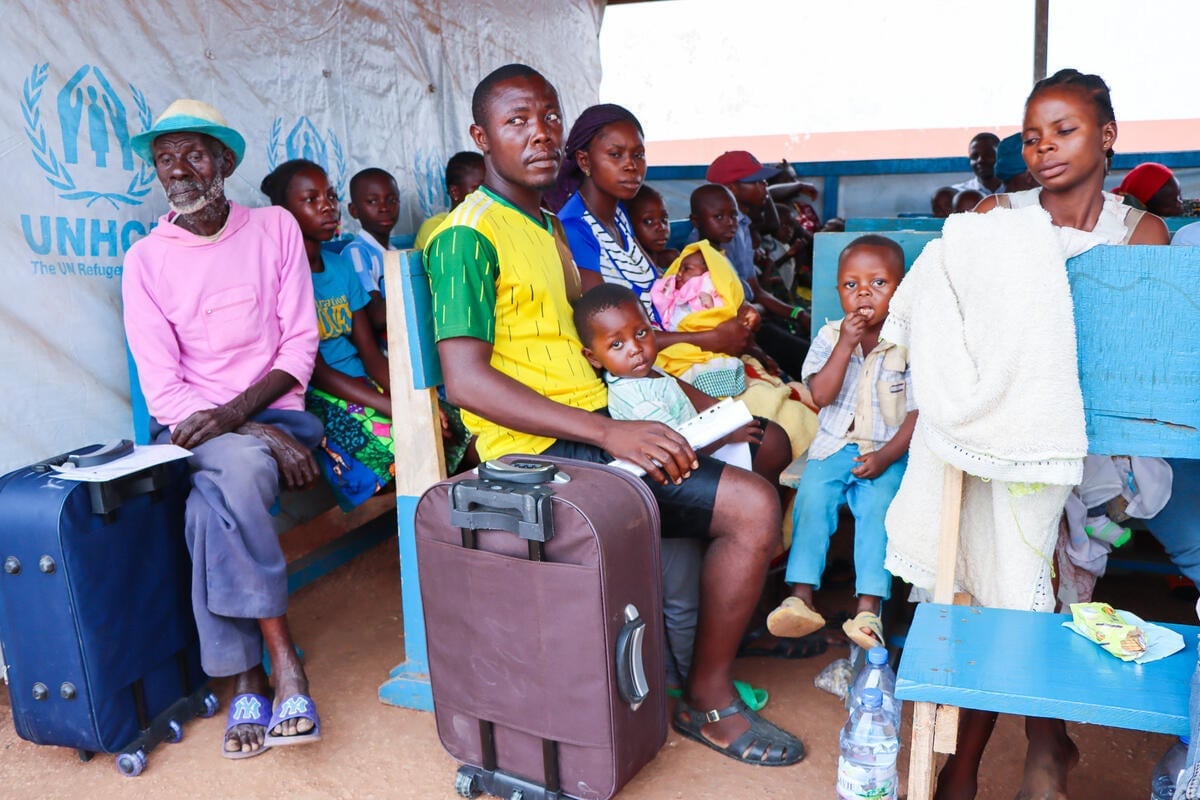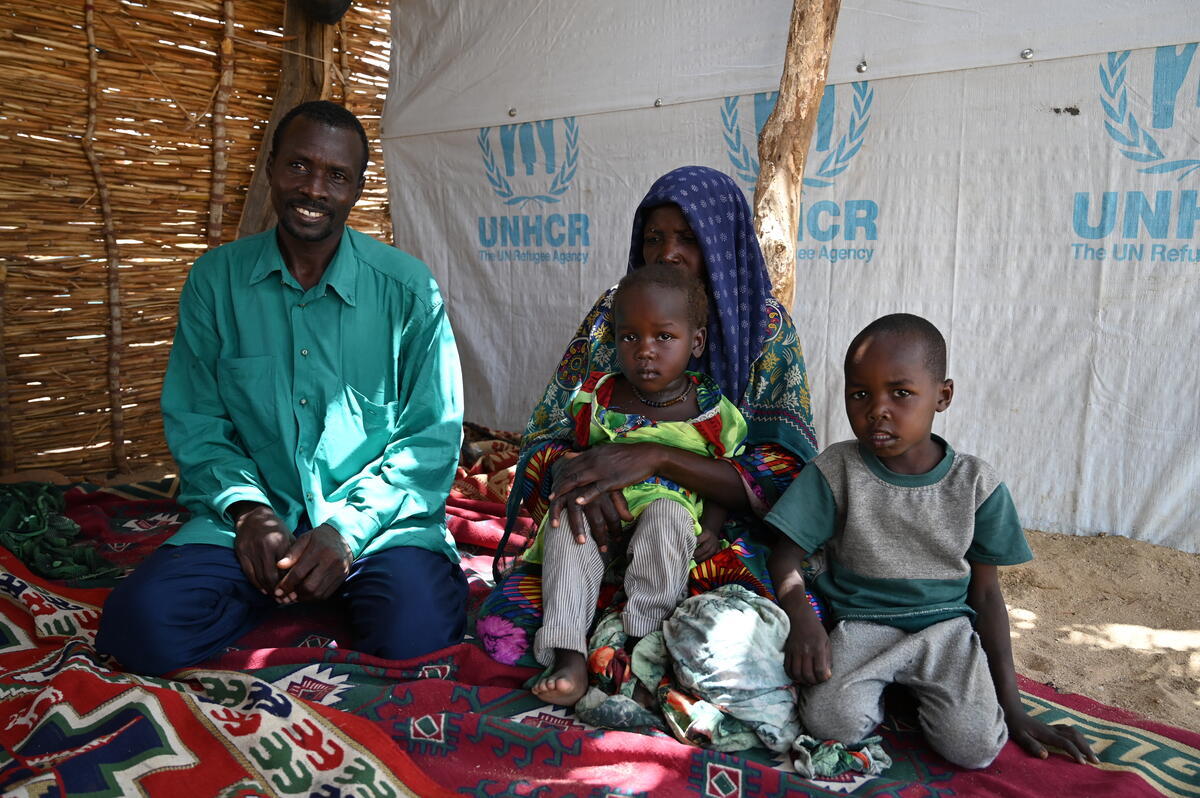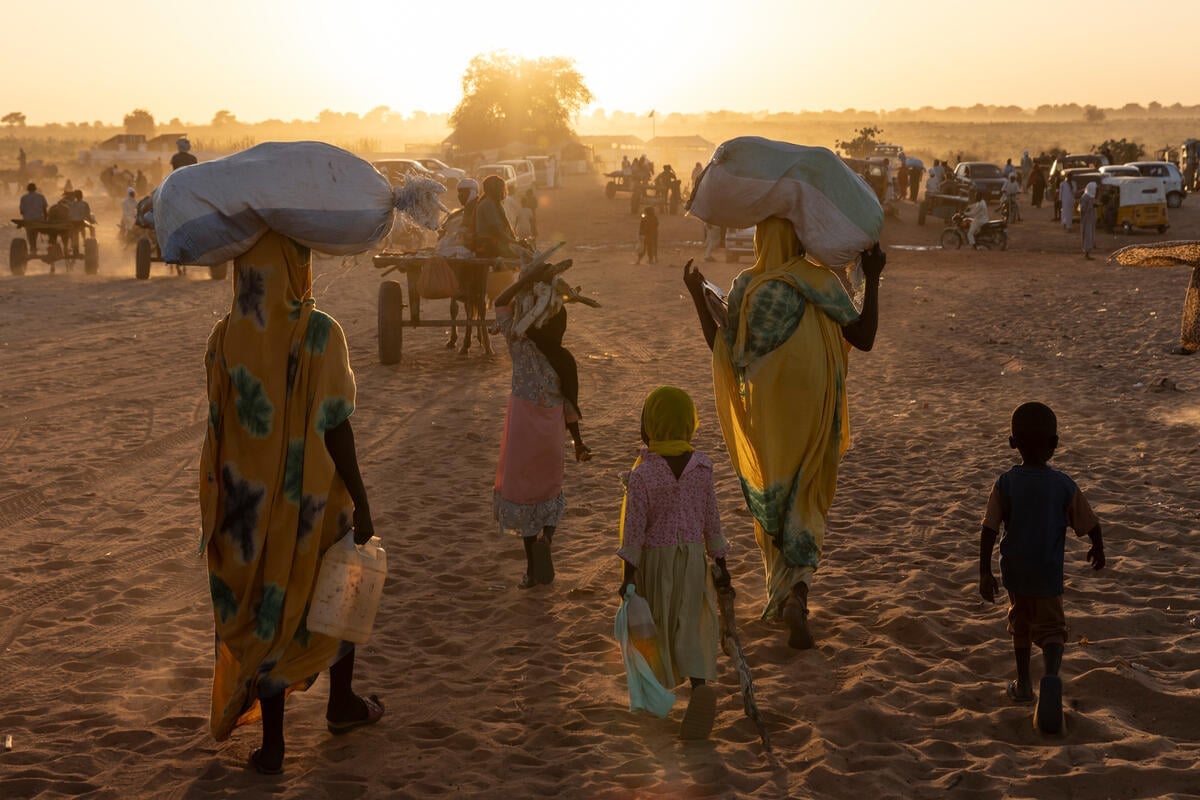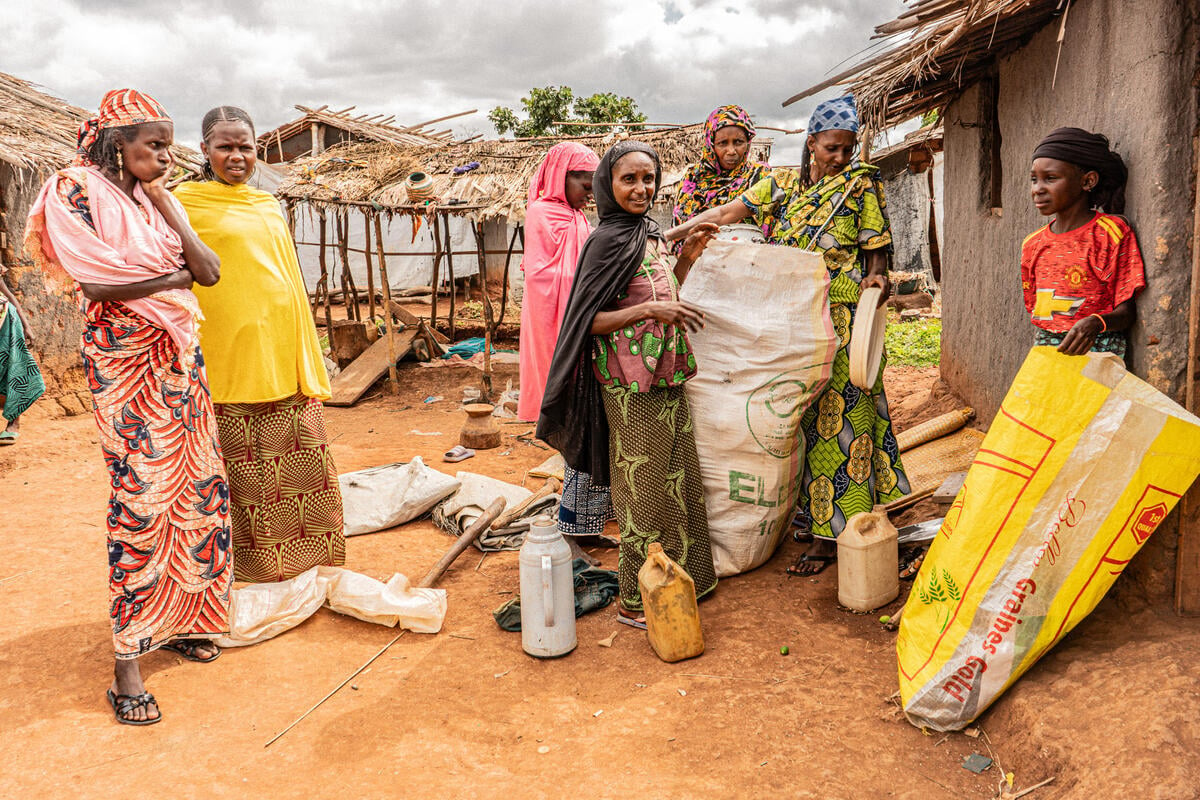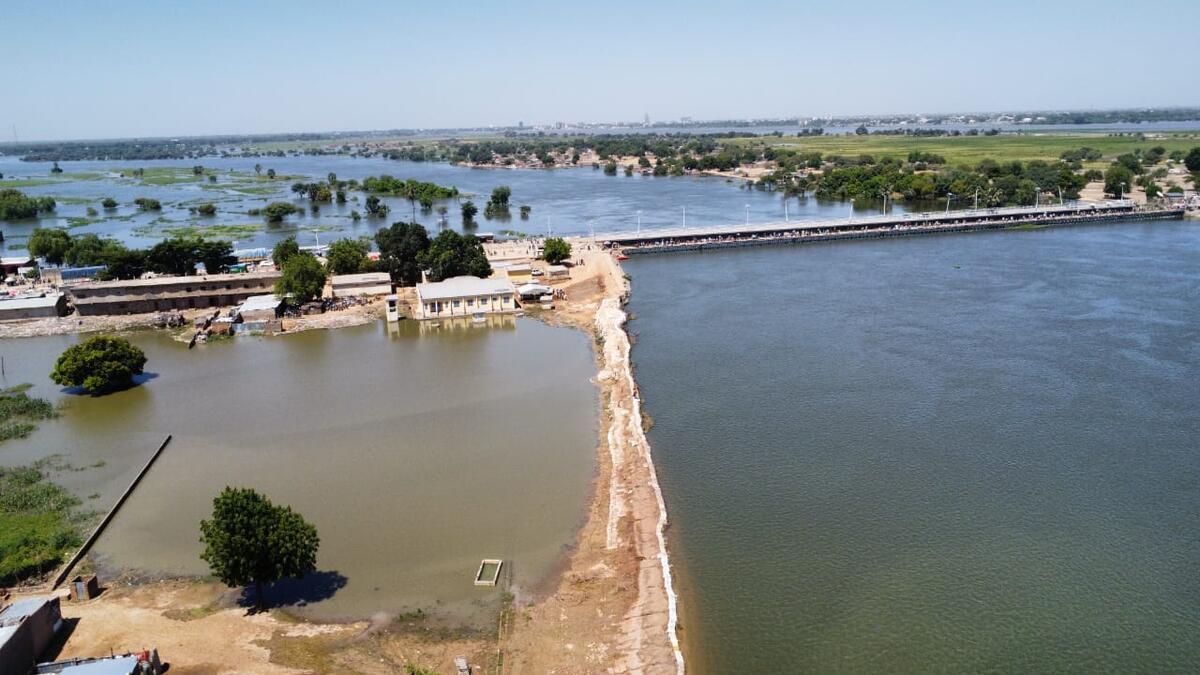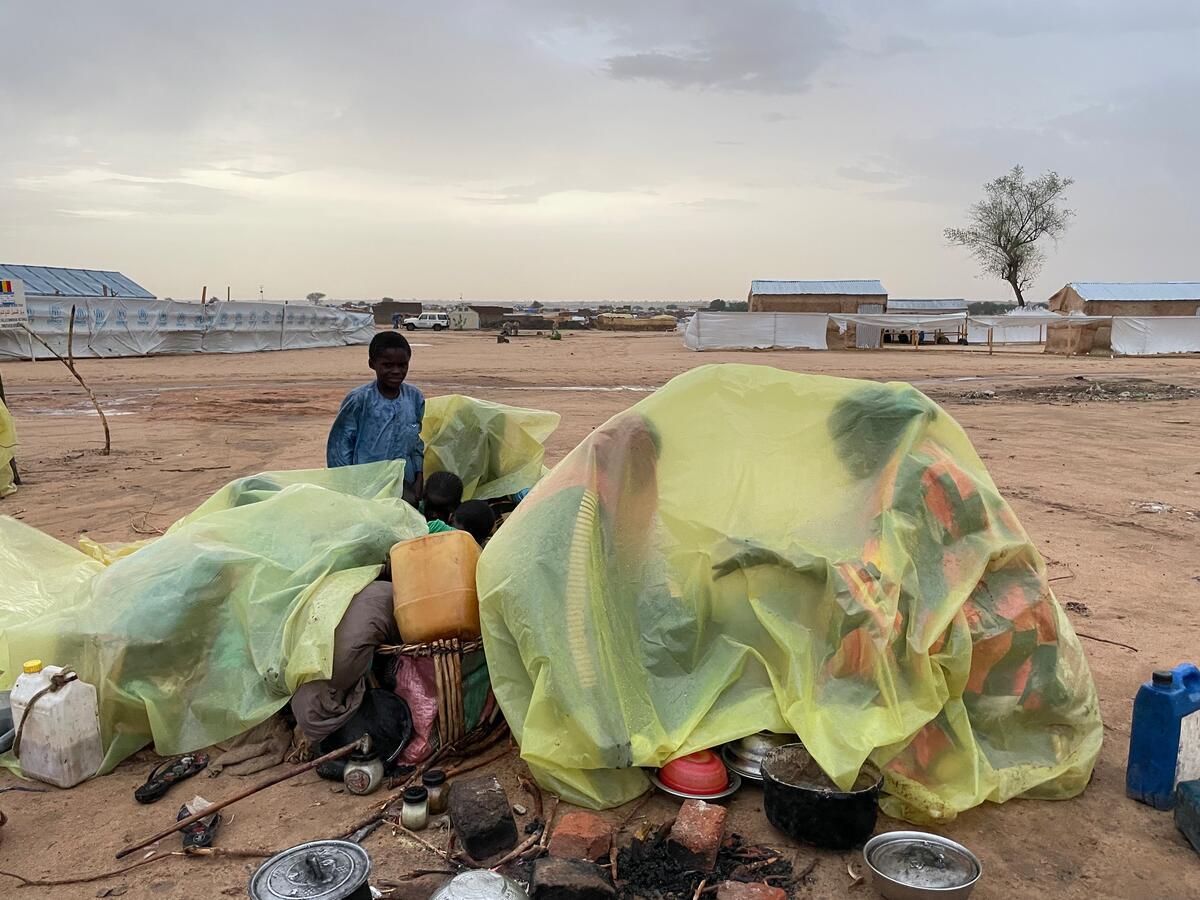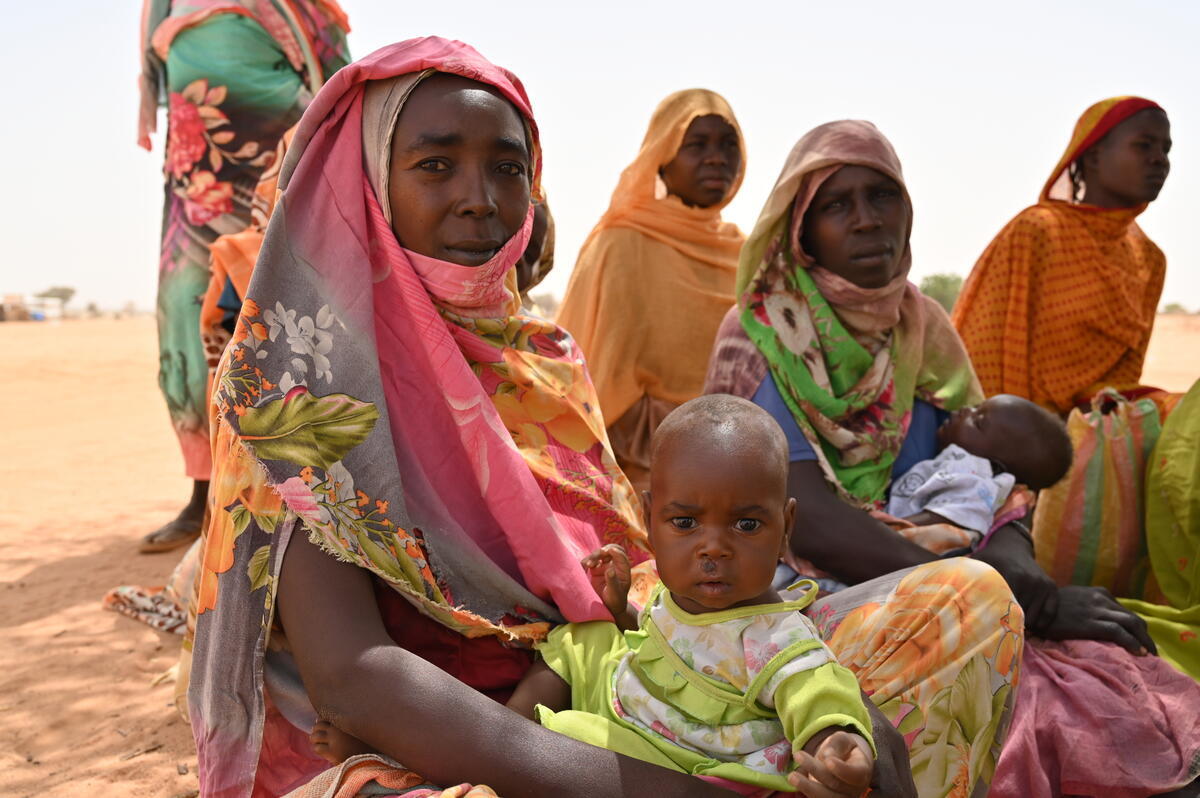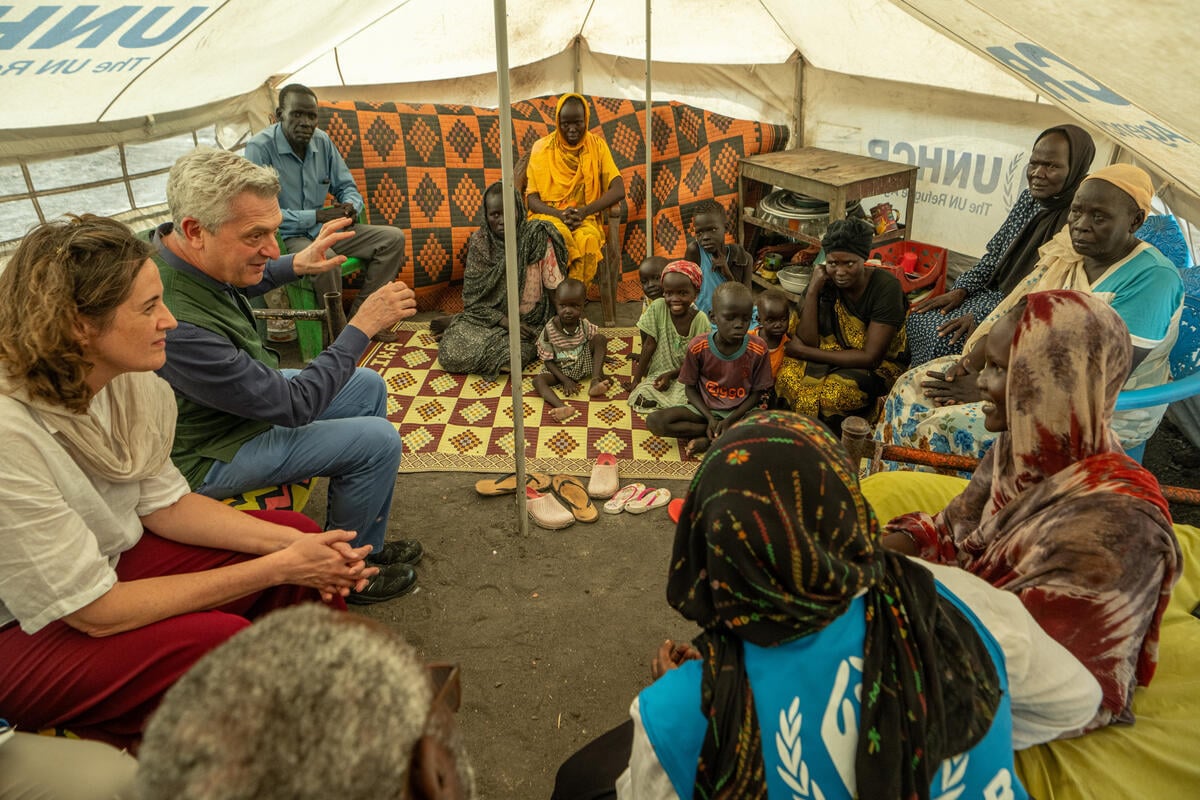Chad: Continued fighting
Chad: Continued fighting
Continued fighting in the Central African Republic has pushed another 15,000 Central Africans and Chadian immigrants to neighbouring Chad over a four-day period. Between 19-22 February, the number of people crossing Chad's south-western border doubled to an average 1,000 people a day - up from 500 a day one week ago. There are now an estimated 21,000 Central African refugees and Chadians in several villages along Chad's south-western border.
Some of those arriving in Chad over the last few days have bullet wounds. The medical NGO, MSF-Belgium, is providing emergency assistance to the sick and wounded at a transit centre in the south-western border town of Goré.
Those coming across are mainly Chadian immigrants who have lived in CAR for decades. There are also relatively smaller numbers of Central Africans among those escaping the intensifying conflict between the government and rebel forces in towns in western CAR. People are flooding through the border on foot. Some have walked from towns such as Bozoum, in western CAR, some 200 km away. They are using two main entry points: Kaba Roangar, south of Goré, and Sido, south of the town of Sarh.
UNHCR has no permanent office, vehicles or communication facilities in Chad, so staff from our office in Bangui, CAR - which covers Chad - are temporarily in the capital, Ndjamena. We are making arrangements to re-open an office in Ndjamena and in field locations in southern Chad. UNHCR closed its offices in Chad, as well as in nine other countries in Africa, more than a year ago due to funding shortages.
Yesterday, a UNHCR staff member attached to the Chadian government's National Refugee Committee (NRC) was sent from Ndjamena to the south-western border areas to continue monitoring the situation and to help with preparations being made to transport returning Chadian immigrants to their areas of origin. Most are from Salamat prefecture, south-eastern Chad. We are also preparing the deployment of an emergency team consisting of a site planner, legal and field staff. They are expected to set up a new camp just north of Goré.


